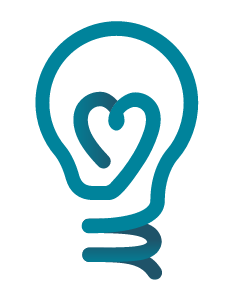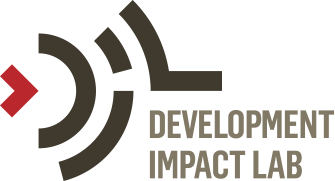IMPACT
Rural Demand for Electricity
|
|
 |
| Photo by CEGA |
 |
The Kenyan government has ambitious plans to connect millions of households to the national grid, specifically targeting rural households. But is there enough demand in rural areas for electricity connections? CEGA Energy Director
Catherine Wolfram and colleagues find that
the demand for grid connections is much lower than expected, which may have implications for how the Kenyan government develops its Last Mile Connectivity Project.
Using Machine Learning to Fight Poverty
Limited economic data in parts of the developing world make it difficult to understand income distributions, identify pockets of poverty, and track governments' progress against the Sustainable Development Goals. In a new
study
, CEGA affiliates
Marshall Burke
and
David Lobell
combine high-resolution satellite imagery, nighttime lights, and machine learning to remotely measure households' consumption. In a companion article in
Science
,
Joshua Blumenstock
looks at the range of innovative tools that are being used to predict and target poverty, including cell phone call records. These new methods may generate more accurate
estimates of household consumption, while decreasing the time and costs of data collection.
GridWatch Launches in Nairobi
|
|
 |
| Example from GridWatch smartphone app |
 |
GridWatch is a smartphone app developed by Berkeley and University of Michigan researchers, using crowdsourced mobile data to detect power outages and report back to utilities and users. The project is supported by CEGA through the Development Impact Lab (DIL), and was beta tested in August with external users at the iHub (a tech entrepreneurship hub in Nairobi). It will be launched in Kenya to the general public in September 2016.
|
 |
|
Research Transparency Training in the DRC
 |
|
 |
Zacharie Dimbuene
|
New Website for Agricultural Technology Adoption
The
Agricultural Technology Adoption Initiative
(ATAI), co-managed by CEGA and the Jameel Abdul Latif Poverty Action Lab (J-PAL), has launched a
revamped website
this month to more effectively share research and findings. The site houses evidence from more than 40 randomized evaluations in 14 countries, providing insights on agricultural finance models, extension approaches, and market access interventions for small-holder farmers in Sub-Saharan Africa and South Asia.
|
 |
IN THE NEWS
Do Mandatory Transfers of Teachers Improve Education Quality?
|
EVENTS
CEGA @ Effective Altruism (EA) Global 2016

On
August 6
Joshua Blumenstock
and
Solomon Hsiang
spoke about the growing role of
machine learning and "big data"
in public policy at the Effective Altruism Global 2016 conference. Held at UC Berkeley, the conference drew more than a thousand philanthropists, tech professionals, students, and others searching for evidence-based solutions to social challenges.
|
RESEARCH
Savings Accounts and Interpersonal Financial Relationships
What are the effects of expanding access to formal savings accounts among the rural unbanked? A
working paper
by CEGA affiliates
Jonathan Robinson
(UC Santa Cruz) and
Pascaline Dupas
(Stanford) and co-authors finds that households with bank accounts become less reliant on money from siblings and grown children, and more supportive of neighbors within their villages.
Will Voters Support New Climate Change Policies in Sub-Saharan Africa?
In 2014, with support from a CEGA seed grant, UC San Diego students
Nick Obradovich
and
Brigitte Zimmerman
ran a series of experiments with prospective voters in Malawi, informing them about their preferred party's climate adaptation plans. They find that parties with long-term climate strategies are punished by voters (observing a small but very precisely estimated change in party preference). This suggests that climate change policies in Sub-Saharan Africa may face greater political obstacles than many international policymakers have anticipated. The study is available in
Environmental Science and Policy
.
|
 |
OPPORTUNITIES
The Science of Scaling - Event - Register Now!

On Monday, September 26, the
Development Impact Lab
will host an event on the
Science of Scaling
at UC Berkeley, exploring how evidence-based anti-poverty innovations are
being scaled up through the public and private sector. The agenda includes talks from CEGA, J-PAL, IPA, Evidence Action, and a host of partner organizations. The event will help to articulate a research agenda and community of practice for the "Science of Scaling".
Register online now
.
Submit to CEGA's Photo Drive!
|
|
 |
|
Photo by Venetia Menzies
|
 |
The 3rd Annual CEGA Photo Drive begins September 12. We're looking for high-resolution, captivating images to use throughout the coming year on our digital and print materials.
Submit up to five of your photos for a chance to win a $50 or $100 Amazon gift card! Photos submitted last year can be viewed
online.
|
|
|
|
|